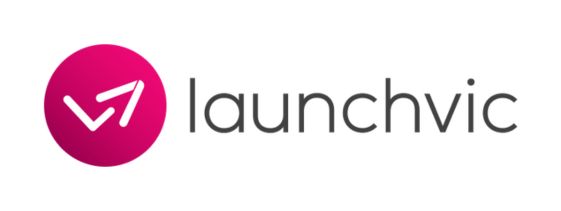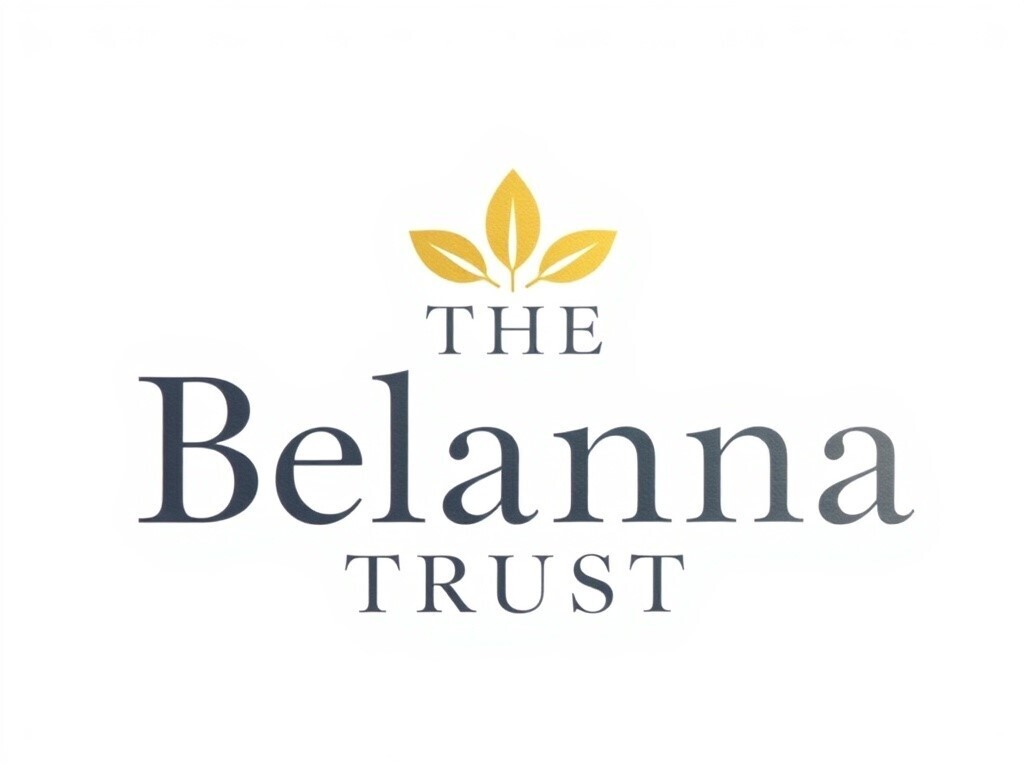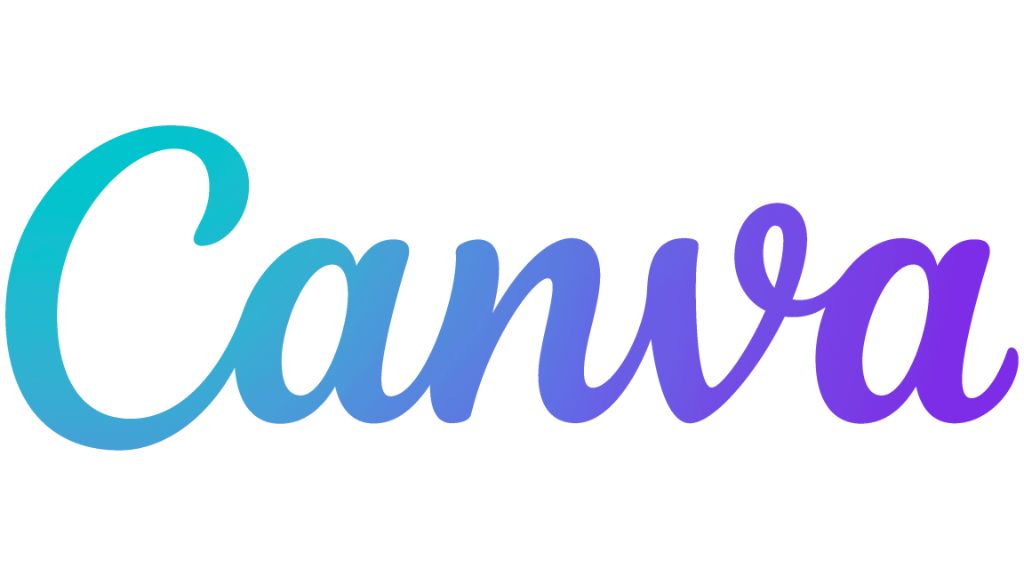You can also stream this episode on Spotify or Apple Podcasts.
Episode Transcript
To access a transcript of this episode click on the drop-down button below.
[00:00:00] Viv Mullan
We would like to acknowledge the traditional owners of the lands on which we record this podcast. The Gadigal people. This is their land, never ceded, always sacred and pay respects to the elders past, present, and emerging of this place. Coming up on Remarkable Insights.
[00:00:16]
(Bright, uplifting music with electronic beats and cheerful synth melodies.
[00:00:17] Viv Mullan
Coming up on Remarkable Insights
[00:00:19] Anja Christoffersen:
There were quite a lot of rules put up. People weren't really wanting to partner with my organisation and I was really offended.
[00:00:26] Viv:
Why is it that people with disability turn to entrepreneurship? Hi, I'm Viv Mullan, welcoming Anja Christofferson to Remarkable Insights. Anja's a trailblazer, a model, author, and founder of the Women with Disabilities Entrepreneur Network. Anja, hello. Thank you so much, Anja, for joining me for an episode of Remarkable Insights. Before we start, I might ask you to introduce yourself and if you like, I'd love to invite you to introduce any key parts of your identity that you'd love the listeners to know about you.
[00:00:57] Anja Christoffersen:
My name's Anja. I'm based up on the Sunshine Coast in Queensland and I'm an entrepreneur and disability advocate. I'm also a former model, I'm a speaker and an author and I live with a disability. for listening. That's amazing, and
[00:01:12] Viv:
I understand that your resume is pretty packed, you've done a lot of things, and there's a lot of different industries that you've experienced throughout your career.Could you give an overview of the different industries you've been through, and something that sort of threads them all together?
[00:01:27] Anja Christoffersen:
It is honestly very hard for me to keep up. Myself, but I think the common thread really is my lived experience. And that's been really beautiful for me. I try to take a disability first approach to everything. So what really began was the modelling industry. So I got into that to be able to represent other people with disability and scars. And from there, I had some experience in business. And that led me into COVID times. I was working with my family business and that was an international student recruitment.
And so obviously with no students being able to get into the country, that shut down and business became quite slow. And so that led me in two directions. So firstly, I had the opportunity to study. So I started an MBA in health services management and entrepreneurship, but I also, Started my own business called Champion Health Agency and more recently I've founded the Women with Disabilities Entrepreneur Network And so that's really to support women with disabilities to start product based businesses So I still do that in addition to my own advocacy work I've actually gone back to lecture at my business school as well in health services management.
[00:02:39] Viv:
It doesn't sound like you've got a lot of spare time there, so I don't know how you balance it all, but you're pretty sensational. And it sounds almost like your experience in the world of entrepreneurship and how to build a business started from a young age, if you don't mind, and absolutely no worries if you're not comfortable, but would you mind sharing the name of the complex condition that you're living with?
[00:03:01] Anja Christoffersen:
Yeah, so it's called VACTERAL association so it's an acronym. It's V A C T E R L. So it's for vertebral, anal, cardiac, tracheal, esophageal, renal, and limb abnormalities. So I have all of those apart from the limb abnormalities.
[00:03:18] Viv:
And going to the mission of Champion Health Agency, I know you touched on it before, but if you wouldn't mind just expanding on exactly what you're trying to do as the founder of that and some of the challenges you've experienced or things you've learnt being a female founder with a disability.
[00:03:39] Anja Christoffersen:
What Champion really aims to do is professionalise lived experience and that came out of me realising that. As much as I absolutely tried my hardest, there's no amount of determination that can really change the circumstances that I was in. And that was that I was managed by 13 specialist teams and the amount of times I just needed to go into hospital for appointments, let alone when I was actually sick, was not covered by sick leave. It wasn't really covered by the workplace accommodations. And I wasn't actually able to achieve the high levels of my career that I knew. That I was capable of because of just bias in the workplace and things like that. And I knew that entrepreneurship was, I guess a pathway around that, but I also knew that all of the things that I've learned in the healthcare system was lived experience, and that had so much value to different organisations. So the idea of professionalising lived experience, I realised there were so many different domains that lived experience sat in. So it could be speaking to an organisation, it could be within professional development or research or creating content or being part of strategies. And when you actually pull these different things together, it can start to create an income that can actually start to pay the rent or pay bills or things like that. And, if you're given, just say a piece of writing or content to create, you can do that at. Like 3am when you can't sleep and you have insomnia and that can then pay the rent for the week. And I think that was so special because also a lot of people with disability could create this with their lived experience. They could start to create meaning from it. They could process it and they could see all the value that it's actually giving not only the organisation, but the audience that was seeing it. And that was a really, special thing.
[00:05:28] Viv:
Such a valuable perspective and thank you for being so vulnerable with that.
I think that is so important. In this space as well, and I also wonder, are there pieces of technology that just would have been game changing for you as a child that didn't exist to you? But if there's entrepreneurs listening that you would really want them to dive into and try and make a reality.
[00:05:54] Anja Christoffersen:
I think having something just so basic around medical record management, I feel like it's discussed so often, but it just isn't done. And for someone that's basically lived in the health system since they were born, I only recently fully realised and processed that we don't own our own health information and our own health records. And that is a really scary thought for me, especially as someone that's trying to understand that I do have autonomy over my own body when I've learned that I don't really have autonomy over my own body as a child growing up and being told "this has to happen" and you can't really say yes or no to that.
So I think, having medical records that you can document or things that you can record yourself and be able to merge that with, things with my dad. So my mom would be able to coordinate both and I would be able to start to learn about my condition. My mom was really good with me and able to educate me about my condition as I grew up. So as soon as I became old enough to talk to doctors myself, I was doing that. Whereas I've seen a lot of people in my community get to. 18 and suddenly start to have conversations with doctors and don't understand, what VACTRIL is or what procedures and surgeries they've had done or what this surgery name actually means.
So I think things like that can actually start to assist people to understand would be fantastic or, this is what the surgery is and this is actually a little video of what it is and what it looks like and would be really helpful. But I also think something that I'm very passionate about is how we can actually better teach young people and perhaps through technology about autonomy and autonomy over their own body. Because I had so many invasive surgeries and procedures and examinations that I couldn't really say no to. Even though there's informed consent there. So growing up, I wasn't really able to assert boundaries and things and I think that contributed to experiences that I had in certain ways. So I think if technology was there that was able to teach me more things and be able to teach me skills that I could use in a clinical environment in the hospital, I would be able to better translate that out into social environments.
[00:08:10] Viv:
Incredible examples. and I'm curious to know on the topic of technology with the work you're doing with CHA, are there pieces of innovation that you use to help people, on your books to have their jobs done in a safe, inclusive and fair way?
[00:08:28] Anja Christoffersen:
So we actually went through a pre accelerator program to develop a tech platform that would basically be the tech version of CHA. So that was very exciting. And we have the product feature list all drawn up, and everything else. But it's just tech to be really honest, because I'm a non technical founder. I think that's really obvious. So we haven't really taken that to the next stage because it is something that I just get a bit stuck with. And it is something that we're really wanting to progress. But of course it has all of these extra things that we need to consider because it needs to be built with the community and for the community first, and it has the other side of the platform in the marketplace there, which are all the different stakeholders that need to use it. So there are lots of considerations. And of course, me, as the founder that has done this work now for almost three years, I want to have about 50 features in there. And listening to other tech founders, they say, refine it to two or three, but I want the 50 for my MVP.
[00:09:30] Viv:
And curious to know about that role of accessibility in the support you're providing startups and how well known it is with the mentor community and the startup space. Is it a bigger beast than what I already think it is? Is there a lot more work we need to do to rewire and teach the startup space at large?
[00:09:54] Anja Christoffersen:
I think that you really articulated it well. I think we're probably quite similar as Remarkable in that, it's something that we're trying to ingrain. But I feel like for us and our mentors, we all acknowledge that we don't know what we don't know. And for the mentors that we've worked with, they've said, look, "We're probably going to say something really silly that's going to offend you". And I said, "don't worry, like I've been offended before". And we just basically start with that open, vulnerable, common ground where you have mutual respect and you have the ability to say, "Hey, that's good. That's not good". And ask for what you need and ask for what you want. And I know that it's not Great that you have to ask for it, but we're all learning. And I think accessibility is so much bigger than I ever realised it was because being born with a disability and being part of the disability community doesn't mean that everything about accessibility. And I feel like I should, like I'm a disability founder, I run a business that's all about disability lived experience, but to be very honest, when I started this, I thought that accessibility was, to be honest, saying accessibility is about ramps, like I understood that, and I understood different sensory disabilities, and that was about it, but it is so much more than that. And I'm constantly learning every single day because guess what the community is learning at the same time. We're all learning and people having the courage to actually speak up more and educate more and I think That's all that we can do and I think that what we're trying to do at WDEN is actually create space where we can have those vulnerable conversations And we'll all learn at the same time We might get it wrong and I actually guarantee that we will get it wrong. And then hopefully we'll work through it and not offend anyone
[00:11:39] Viv:
It sounds very much like we're on the same wavelength when it comes to calling people in rather than calling them out and when calling them in to learn and have a safe space rather than make people scared to get something wrong, which is I think where a lot of people are still at. So I think it's a beautiful thing that you've got that mind frame and we're getting to the end of our conversation. So I would love to invite you to leave the people enjoying this episode with a Remarkable Insight. And that could be. A piece of advice or something you just want them to think about after this episode has ended.
[00:12:14] Anja Christoffersen:
I feel like I've already said it, but I think just changing the way that we think about innovation. I feel like I often think about innovation or used to think about innovation as something that happens in, the top 2 percent of the most brilliant, intelligent minds out there. But I feel like innovation happens in almost every moment of every day for every person and it's about capturing those ideas and actually doing something with it So I feel like so many people have so many ideas That we just actually do nothing with and we never harness them and it can just be the most simple most basic thing Like for example, this is not you know, like an Innovation that I want anyone to make, but when I had a feeding tube, I had nowhere to hang up the feeding bag when I slept, but I had a picture frame hanging over the back of my bed. So I took the picture frame off and there was a hook and then I didn't have anything to hang off the hook, but I managed to get a detachable bra strap. So I hung the detachable bra strap up, hooked my feeding bag on, and then I had a, like an IV pole to hang my feeding bag from. And that's innovation. So there are so many ways that you can just innovate every day. And so I just encourage people to actually just think about it differently. It doesn't have to be something brilliant and fantastic, but it can just be little things that make life easier. and then how you can do it on a scalable way to make more people's lives easier.
[00:13:46] Viv:
Make sure you subscribe or hit follow to not miss another remarkable Insights episode.
Episode Overview
Meet our Guest
Anja is an award-winning disability advocate, named one of the International Day of People with Disability Ambassadors for 2023, international model, author and social entrepreneur. At 22 years old, Anja founded Champion Health Agency - a world-first 'talent agency for lived experience', representing people with disabilities, chronic illness and carers to drive positive change. Anja has recently founded the Women with Disabilities Entrepreneur Network (WDEN) to foster a sustainable ecosystem that supports connected growth in entrepreneurial opportunities for her peers.
Anja has spoken and modelled internationally, authored an autobiography ‘Behind the Smile’ and received the QLD Young Achiever of the Year Leadership Award and Women in Technology Consumer Strength Champion Award. Combining an MBA and her lived experience, Anja has consulted, co-led and engaged in projects across health, government, research, corporate and not-for-profit sectors.
Video Highlights
Check out some of the highlights of this episode of the Remarkable Insights podcast, now featured in our captioned video reel!
Key Quotes
Below are some of the key quotes that capture the essence of our discussion:













